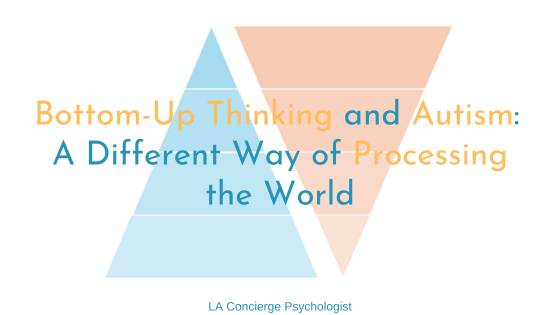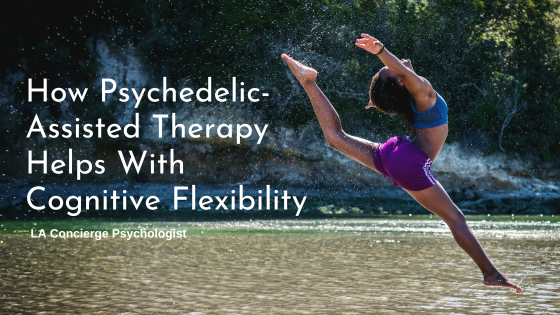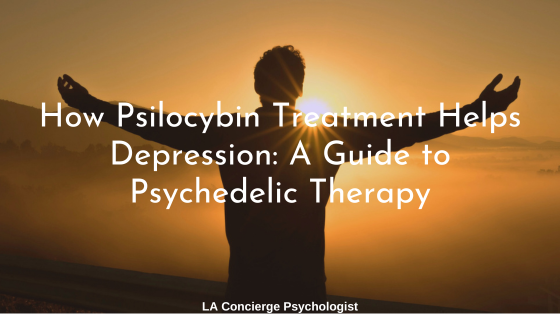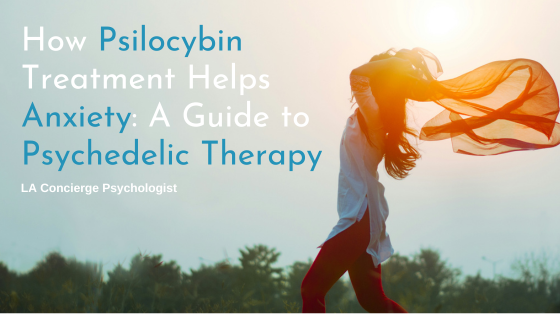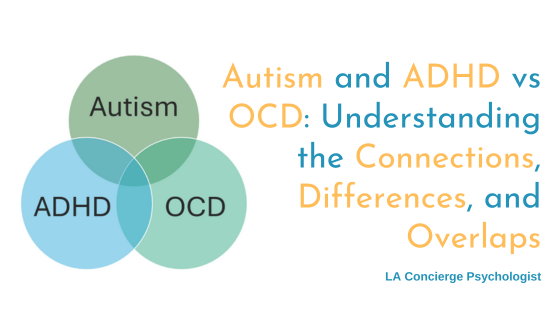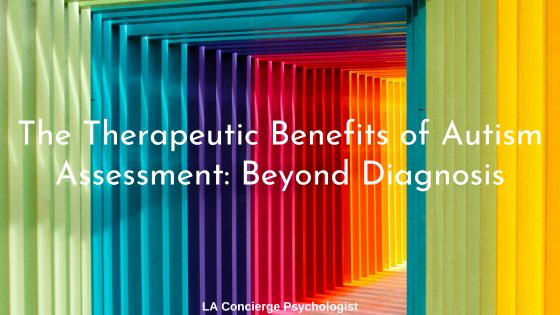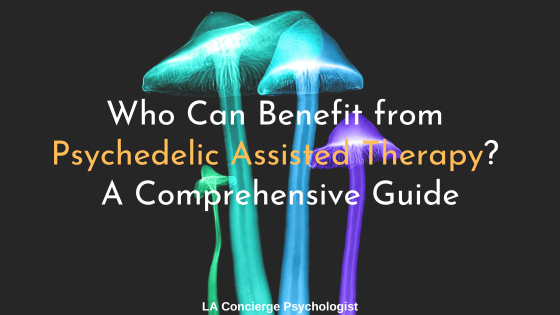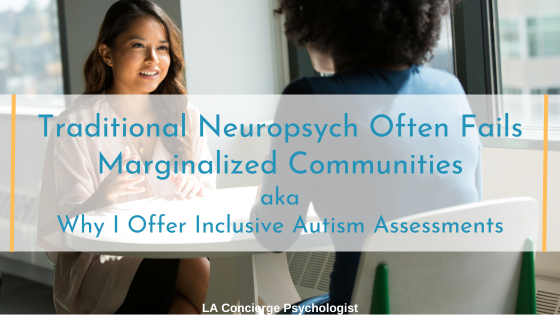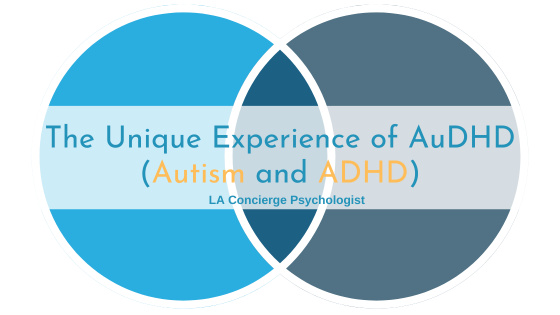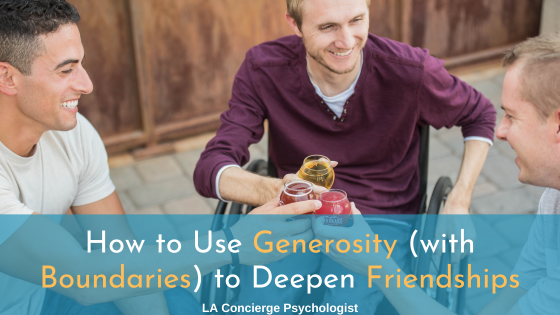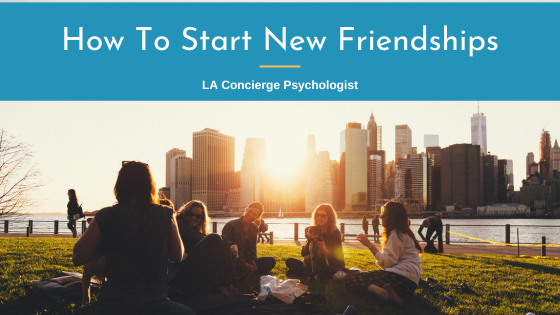Bottom-Up Thinking and Autism: A Different Way of Processing the World
We know that our brains process information about the world around us. Some minds naturally organize the world starting with the big picture, while others begin with details and build upward. This cognitive difference, often described as top-down versus bottom-up thinking, represents one of the many ways neurodivergent and neurotypical brains differ Learn More
How Psychedelic-Assisted Therapy Helps With Cognitive Flexibility
Cognitive flexibility plays a crucial role in mental health and overall life satisfaction. This is the mind's ability to adapt thinking strategies, consider new perspectives, and shift between concepts. For many people experiencing depression, anxiety, addiction, or other mental health challenges, rigid thinking patterns can become a significant barrier to growth and Learn More
How Psilocybin Treatment Helps Depression: A Guide to Psychedelic Therapy
Characterized by persistent feelings of sadness, irritability, hopelessness, and/or loss of interest, depression can significantly disrupt people’s daily lives. Conventional treatments often involve long-term medication regimens and ongoing therapy, which, while helpful for many, leave a significant portion of patients seeking alternative solutions. Psychedelic therapy using psilocybin is a new approach to Learn More
How Psilocybin Treatment Helps Anxiety: A Guide to Psychedelic Therapy
Scientific research has shed new light on psilocybin, the psychoactive compound found in "magic mushrooms", as a potential breakthrough treatment for anxiety. The potential for psychedelic assisted treatment to address anxiety, mood disorders, trauma-related conditions, and substance use disorders continues to generate significant scientific excitement. Psilocybin is a naturally occurring psychedelic compound Learn More
Autism and ADHD vs OCD: Understanding the Connections, Differences, and Overlaps
The conversation about diagnoses is rarely a binary one, especially in mental health and psychology. When we examine autism, Attention-Deficit/Hyperactivity Disorder (ADHD), and Obsessive-Compulsive Disorder (OCD), it becomes clear that these don’t exist in isolation; they intersect, overlap, and often co-occur in ways that challenge traditional diagnostic boundaries. OCD, for instance, is Learn More
The Therapeutic Benefits of Autism Assessment: Beyond Diagnosis
An autism assessment represents far more than a clinical process that provides a diagnostic label. For many people seeking to understand themselves and their needs, the assessment journey itself becomes a profound therapeutic experience with far-reaching benefits extending well beyond the diagnostic outcome. Traditional neuropsychological assessments typically involve brief clinical interviews (often Learn More
Who Can Benefit from Psychedelic Assisted Therapy? A Comprehensive Guide
Though research is still being carried out, it’s clear that psychedelic assisted therapy (or sometimes referred to as just "psychedelic therapy") offers powerful potential for healing and growth. By combining carefully administered psychedelic substances, such as psilocybin or ketamine, with professional therapeutic support, it offers another option for conditions that have long Learn More
Understanding the Intersection of Autism, Gender Diversity, and LGBTQIA+ Identity
There’s been growing recognition of the significant overlap between autism, gender diversity, and identifying as LGBTQIA+. Autistic teenagers were found to be 7.59 times more likely to express gender variance compared to their non-autistic peers[1]. Similarly, a study estimates that between 42-69% of autistic people identify as same-sex attracted or as a Learn More
Neuroformativity is Harmful for ADHD and Autistic Adults. Here’s Why.
The concept of neuroformativity or neuronormativity has started to gain attention in recent years in both scientific and social spheres. It refers to the societal expectation or pressure for individuals to conform to certain norms and behaviors that are considered "normal" or "standard," often marginalizing those who don't fit this mold. Much Learn More
Autism vs Introversion: Here’s What You Need to Know
You may have heard the terms "introvert" and "autistic" used interchangeably before — they’re often mixed up, so many people don’t know the difference at all. Because of this lack of clarity, it’s not unusual for someone to wonder if they’re just shy before realizing they’re actually autistic. Many autistic people realize Learn More
How to Manage Rejection Sensitive Dysphoria (RSD) for Adults with ADHD
If you’ve experienced the feeling when even the smallest slight or ambiguous comment sends you spiraling, leaving you convinced you've messed up and alienated everyone around you — then you may be living with rejection sensitive dysphoria (RSD). If unmanaged, it’s an intense reaction to rejection that can sabotage relationships, someone’s career, Learn More
Autistic Meltdown vs Shutdown: What They Are and How to Manage Them
As an autistic person, you might experience periods of intense overwhelm that are incredibly difficult to manage, which will often lead to an autistic meltdown or shutdown. These involuntary reactions can stem from sensory overload, unexpected change, intense emotions, or a buildup of stress. It's important to recognize what these look and Learn More
The Difference Between ADHD and PTSD Executive Dysfunction in Adults
When it comes to ADHD and Post-Traumatic Stress Disorder (PTSD), the lines can easily blur. It can be very difficult to get an accurate diagnosis of one or both. On top of this, ADHD increases the risk of experiencing trauma and developing subsequent PTSD, and trauma can both worsen existing ADHD symptoms Learn More
Traditional Neuropsych Often Fails Marginalized Communities (aka Why I Offer Inclusive Autism Assessments)
Traditional Adult Autism Assessments Can Fail Marginalized Communities. Here’s What I Do Differently. As an autism specialist in Los Angeles, I’ve found that traditional adult autism assessments don’t always take into account the lived experiences of the people pursuing a diagnosis. Black, indigenous, and people of color (BIPOC individuals), those identified as Learn More
The Unique Experience of AuDHD (Autism and ADHD) — Here’s What You Need to Know
Recent research suggests a significant overlap between Attention Deficit Hyperactivity Disorder (ADHD) and autism. Studies indicate that 50 to 70%[1] of individuals with autism also meet the criteria for ADHD, and two-thirds of ADHDers may also have autism[2]. However, it’s only relatively recently that a dual diagnosis (often referred to as AuDHD) Learn More
6 Tips to Help You Manage Conflict in Friendships
Friendship brings comfort, support, and joy into our lives. But, just like any relationship, it isn’t immune to conflict. It’s how we manage when those conflicts arise that determines the long-term success of the relationship. Conflict can ruin a friendship. Or, if handled correctly, it can help it become deeper and stronger. Learn More
How to Use Generosity (with Boundaries) to Deepen Friendships
Generosity is a remarkable quality that has the power to enhance our lives. Not only does it enable us to create closer relationships with others, but it also provides us with invaluable support during challenging times. One of the significant benefits of generosity is its ability to help people maintain strong and Learn More
How to Use Healthy Vulnerability to Deepen Your Friendships
Healthy vulnerability is an essential component of strong connections and trusting relationships. Healthy vulnerability involves being open and honest with others about one's emotions, thoughts, and experiences while also setting appropriate and safe boundaries”. This means that people can share their vulnerability with the people they care about without needing to compromise Learn More
How To Start New Friendships
Many people think friendship is something that just happens by chance. Making new friends can feel like a matter of rolling the dice and getting lucky. You either meet someone randomly by chance and you click, or you don't. But that’s not how it actually happens. Adult friendships are all about initiation Learn More
How Attachment Style Shows Up In Friendships
When people hear about attachment styles, it’s usually in the context of romance. People try to determine their attachment style so they know why they respond certain ways to their partner. But attachment is much more complex, and it influences every relationship, especially your friendships. What is an Attachment Style? Attachment theory Learn More
The Benefits of Finding a Neurodivergent-Affirming Therapist
So many neurodivergent people try therapy and end up stopping. This isn’t because they don’t want to do the work; this is because therapy betrayed them. Many find their experience with their therapist unfulfilling at best and traumatizing at worst. Therapy, where they were supposed to feel safe and accepted, became a Learn More
Five Problematic Coping Strategies Used by Masked Autistic People
Masking autism is an utterly exhausting task. It’s not just a matter of toning down behaviors allistic people might perceive as strange; masking autism includes changing the core parts of who you are to blend into a neurotypical world. Doing it often can cause burnout, mental and physical pain, and a loss Learn More
Five Struggles and Strategies for College Students with ADHD
College is overwhelming for most students. Unfortunately, for those with ADHD, it can be even more challenging. This has nothing to do with their intelligence-- rather, the open structure of colleges disadvantages students with executive functioning challenges. College is full of freedom, decisions, and endless potential. But, for neurodivergent students, these become Learn More
From High School to College: Skills to Help Students Navigate the Accommodations Process
Transitioning into college produces major anxiety for most students. This can be especially true of students with disabilities, who must learn an entirely new system for accommodations. To get the most out of the experience as possible, a student with a disability transitioning to college needs to know how to navigate many Learn More


